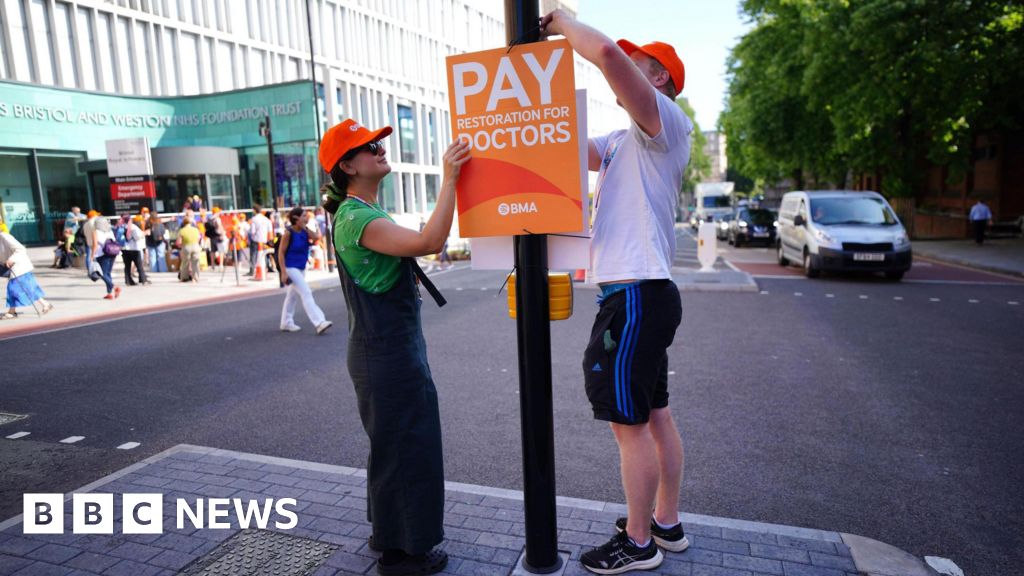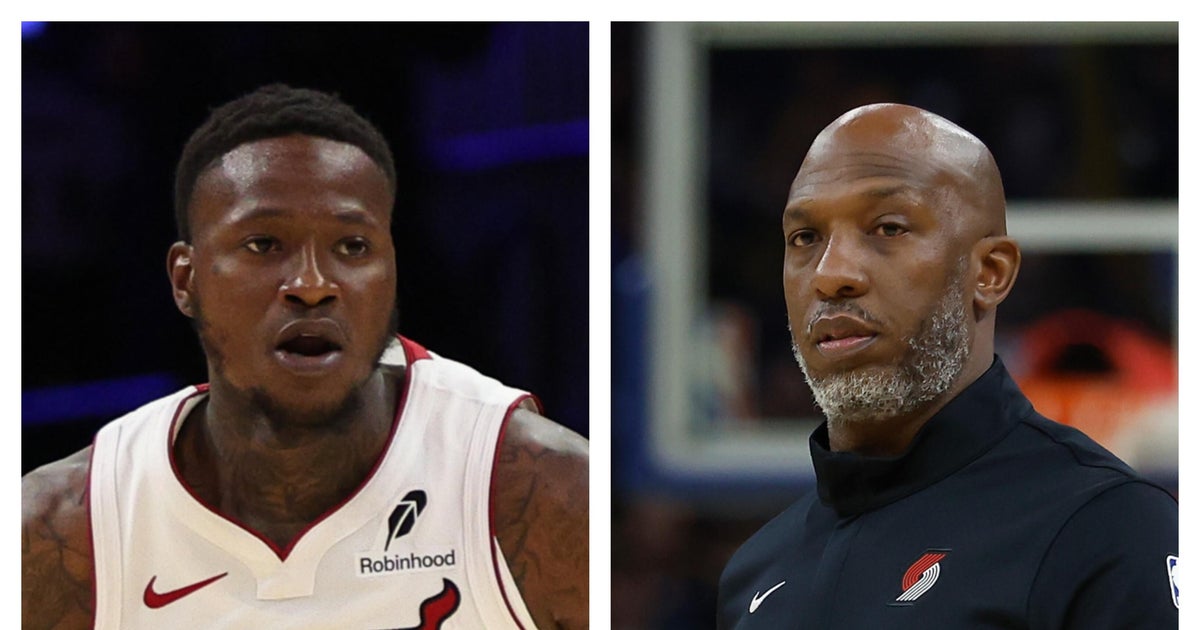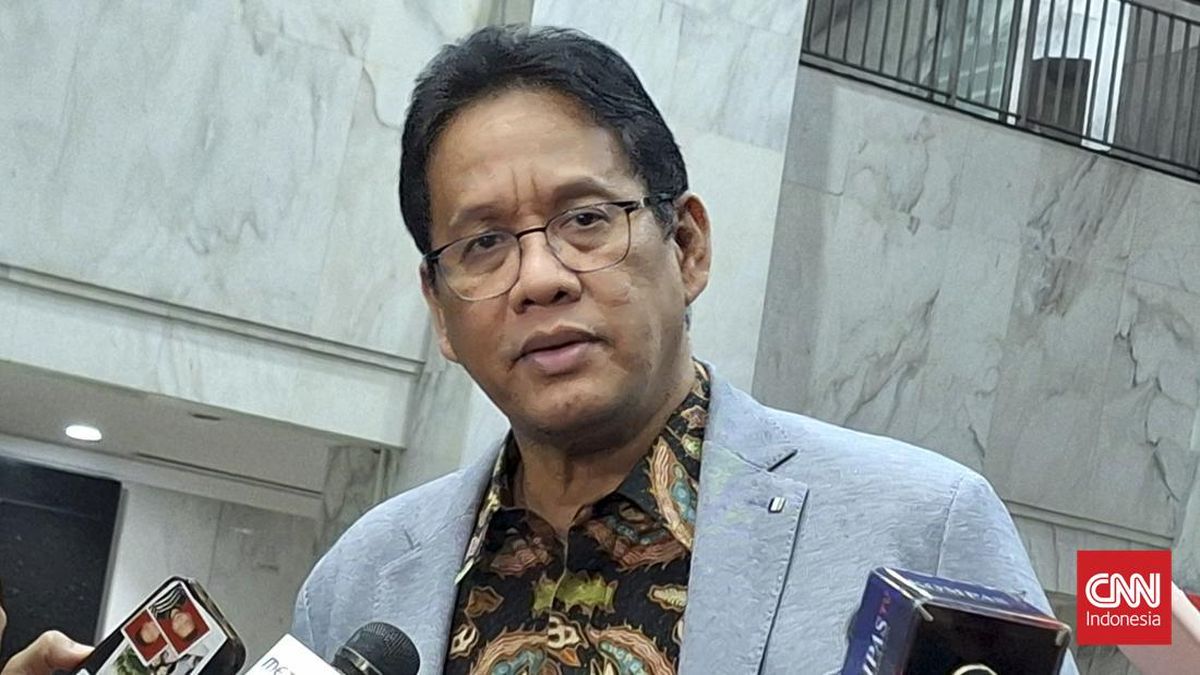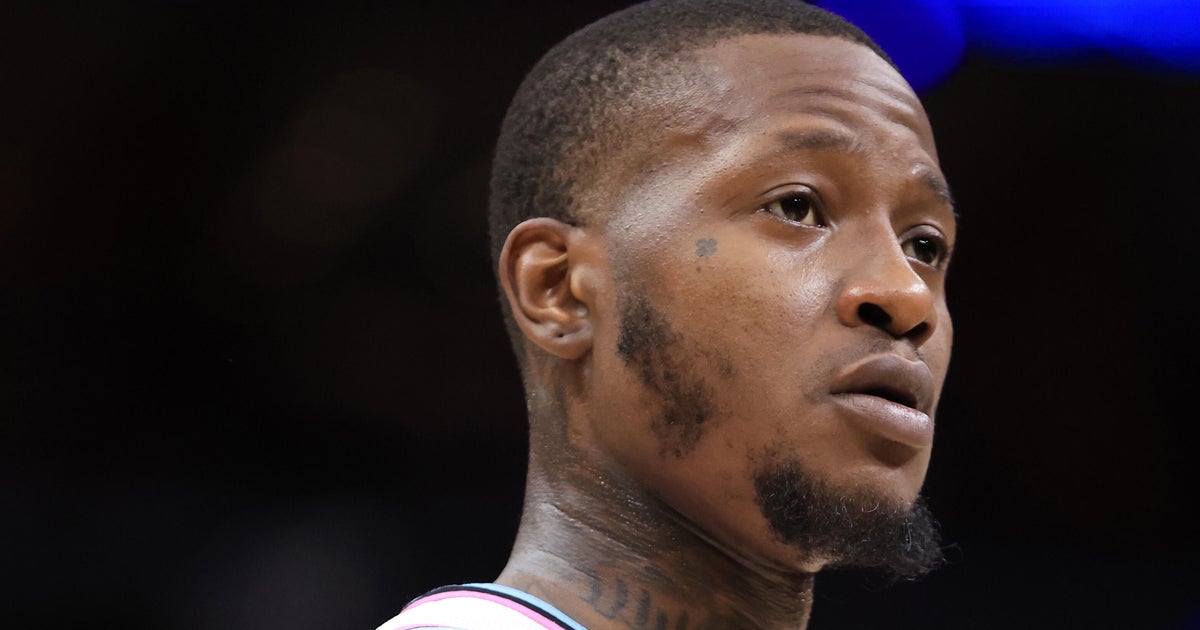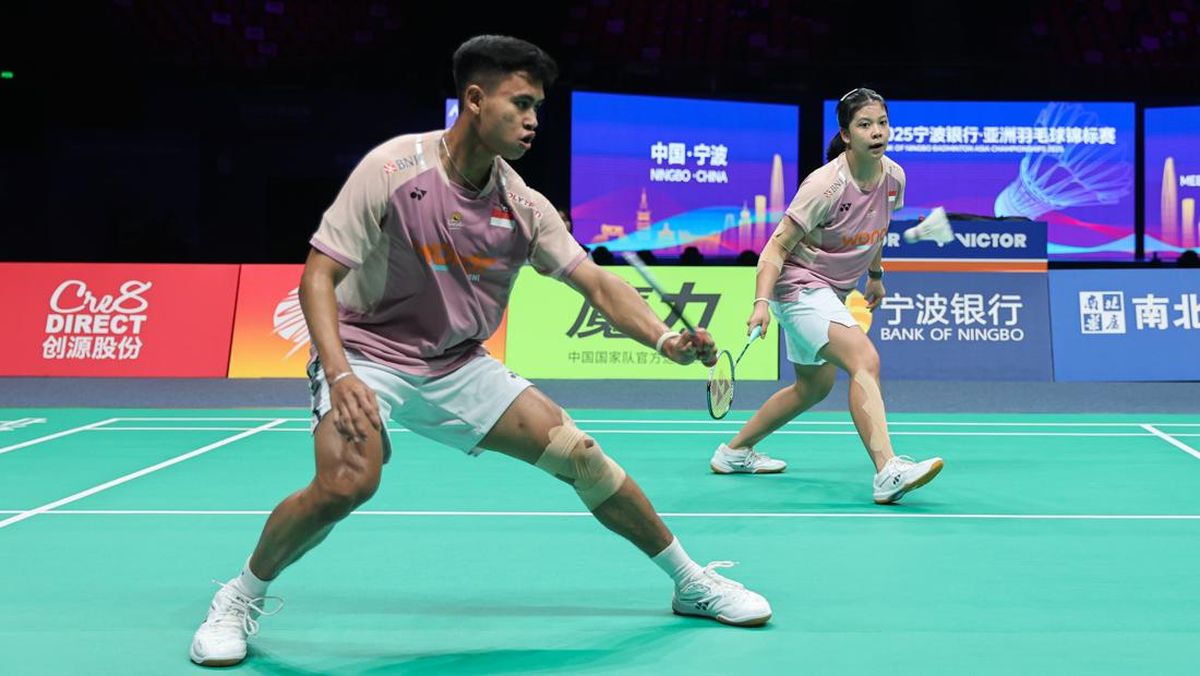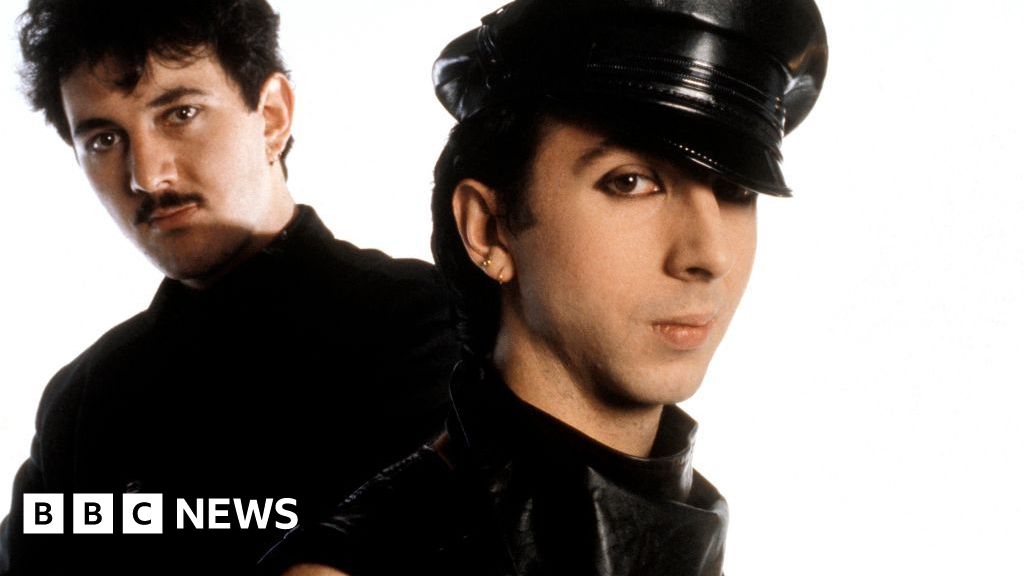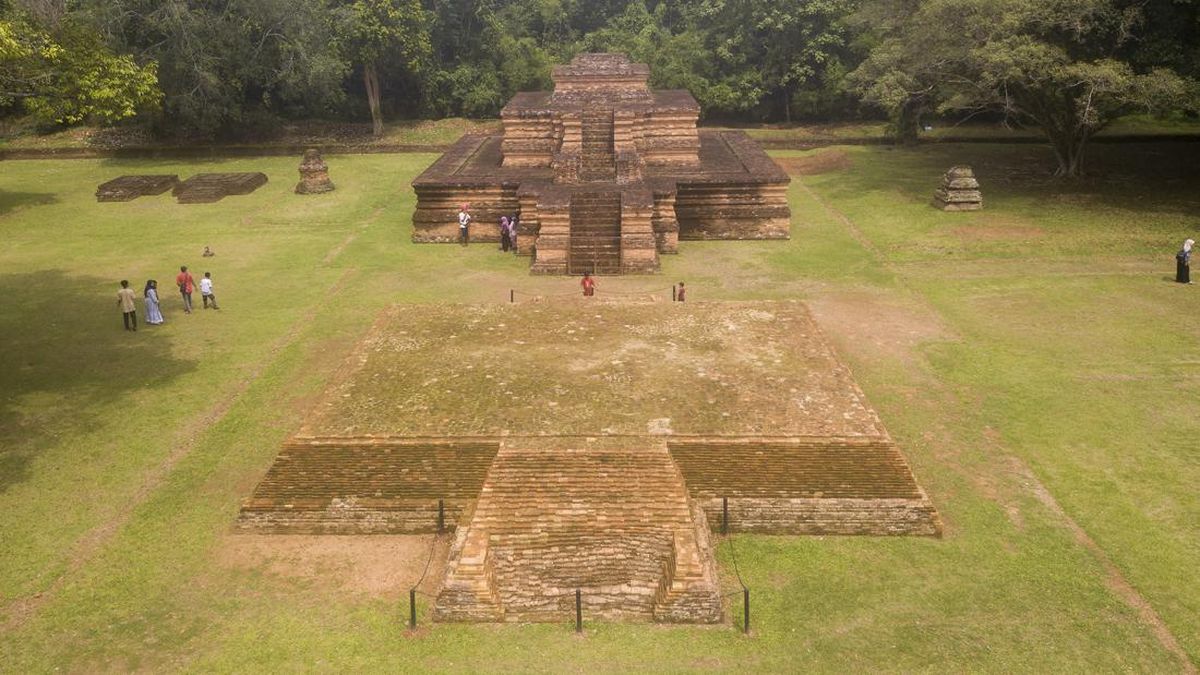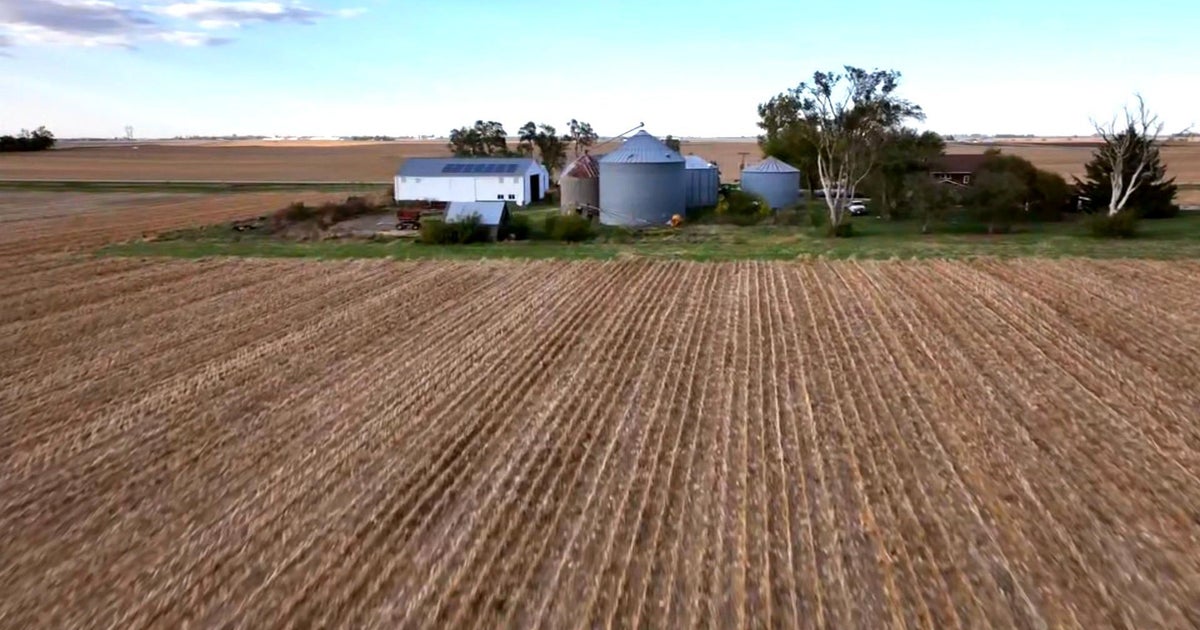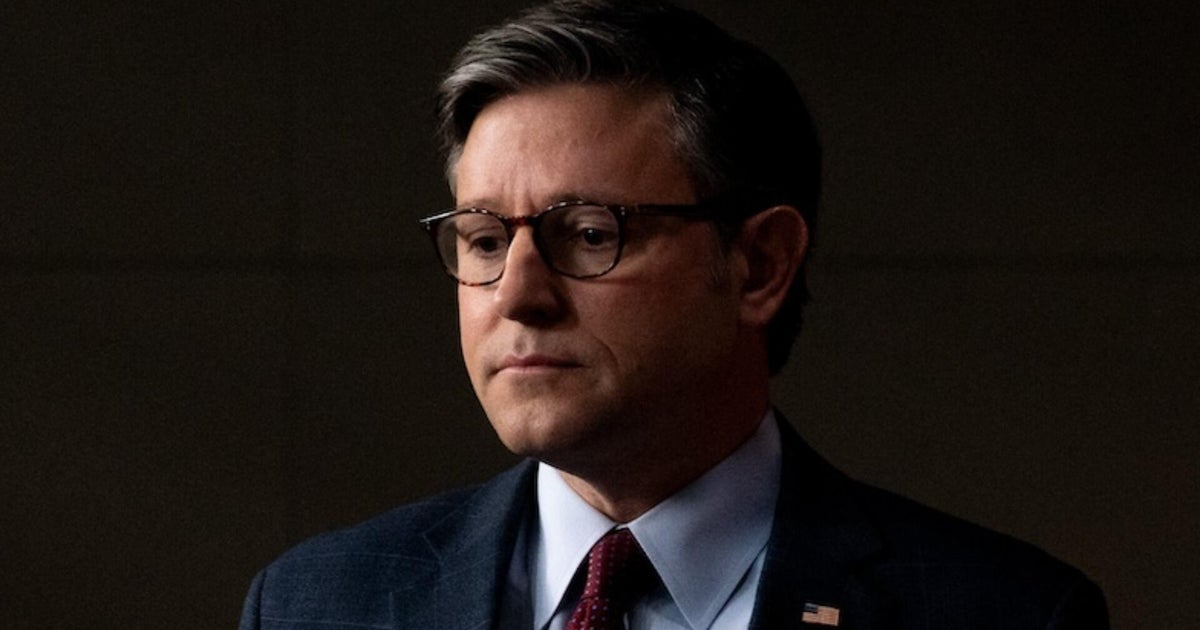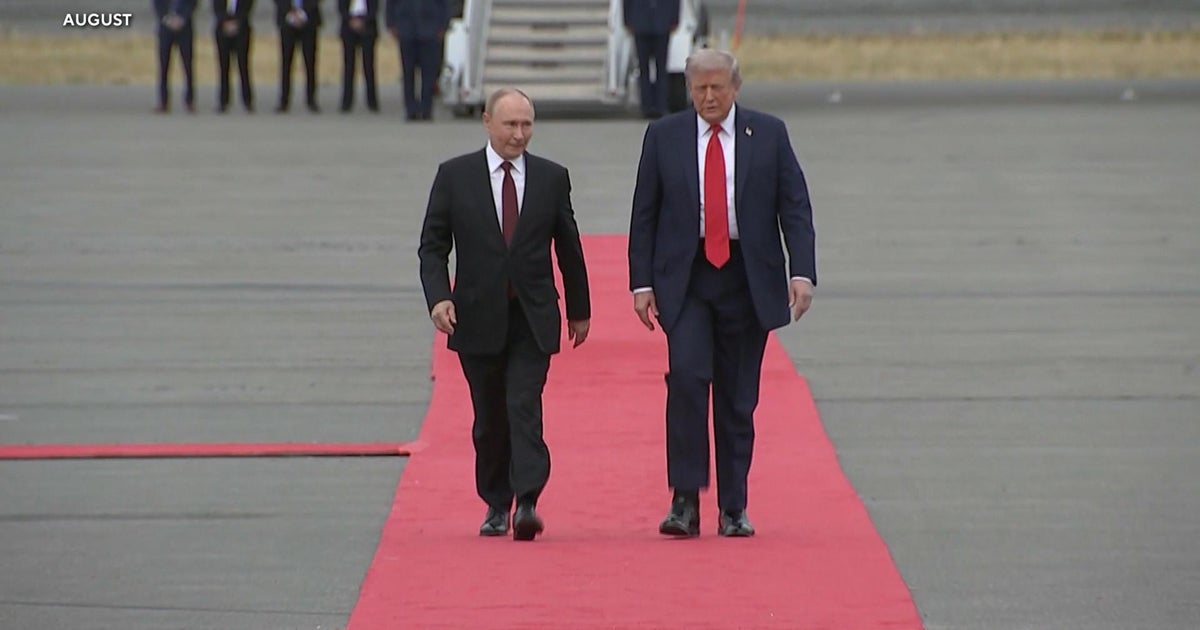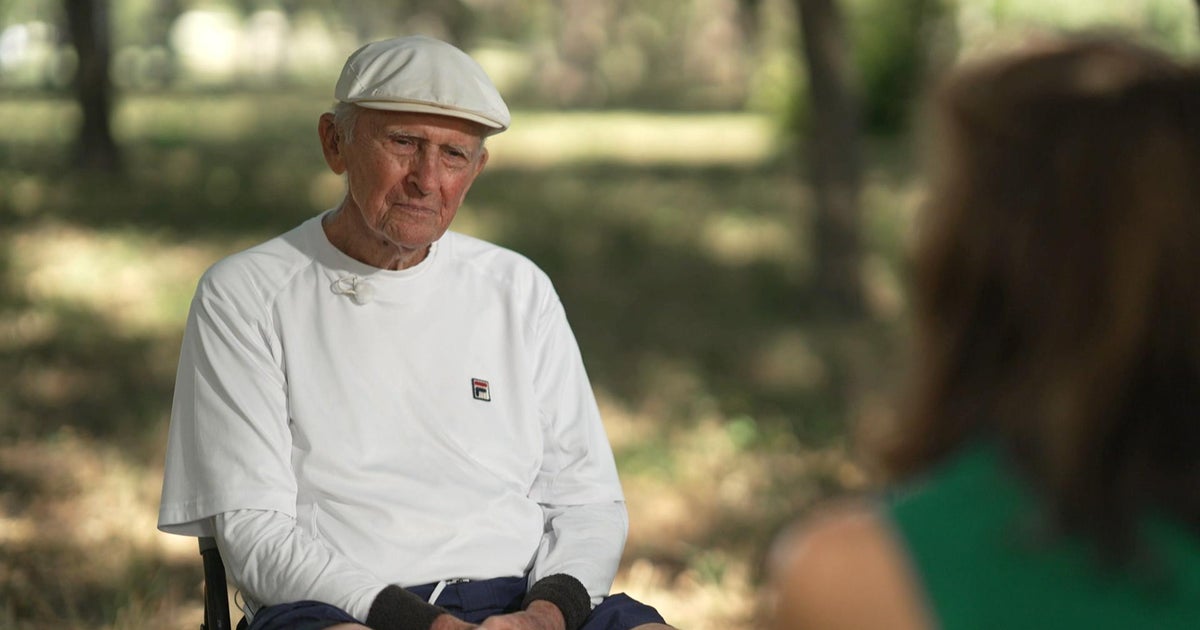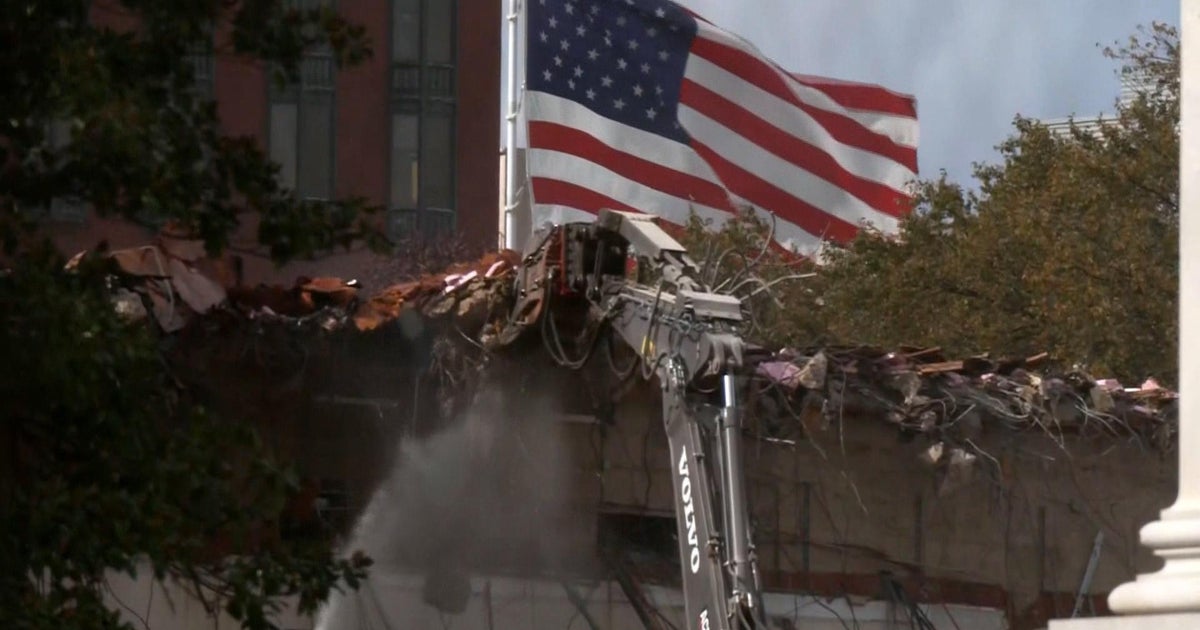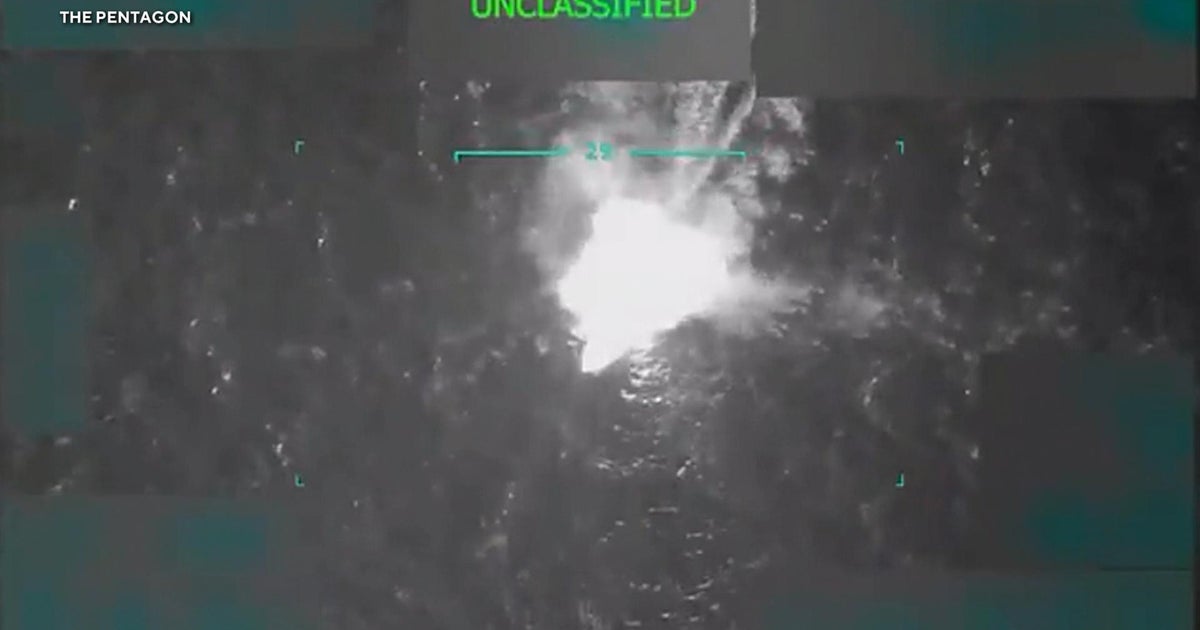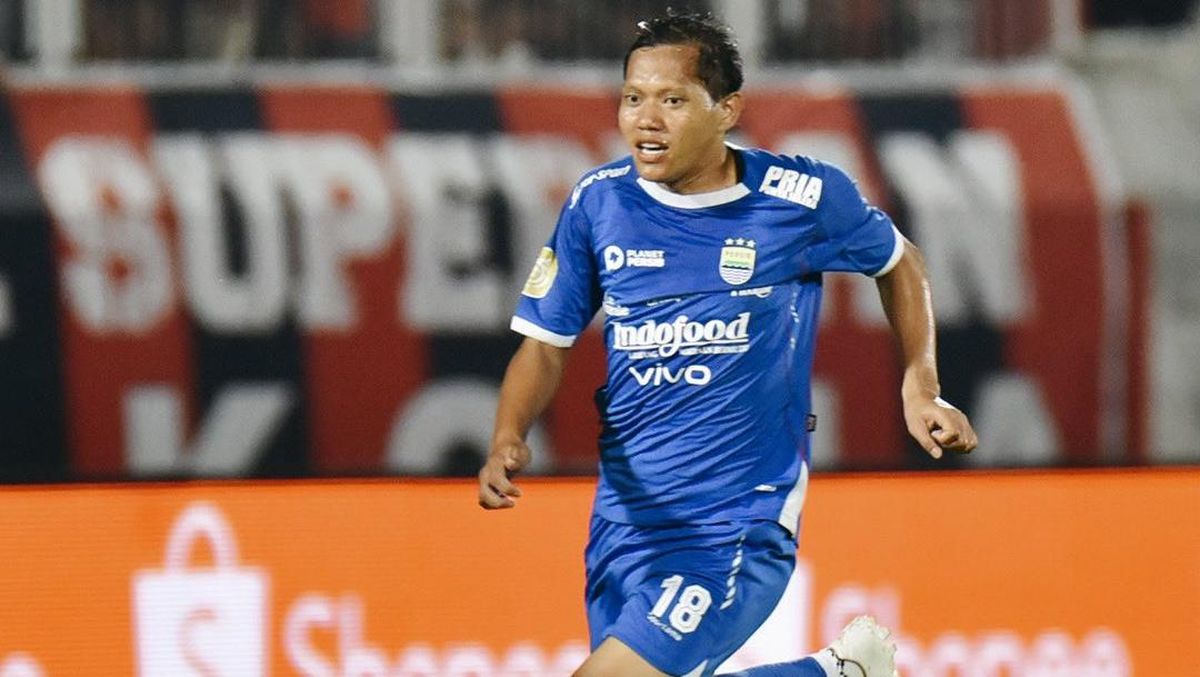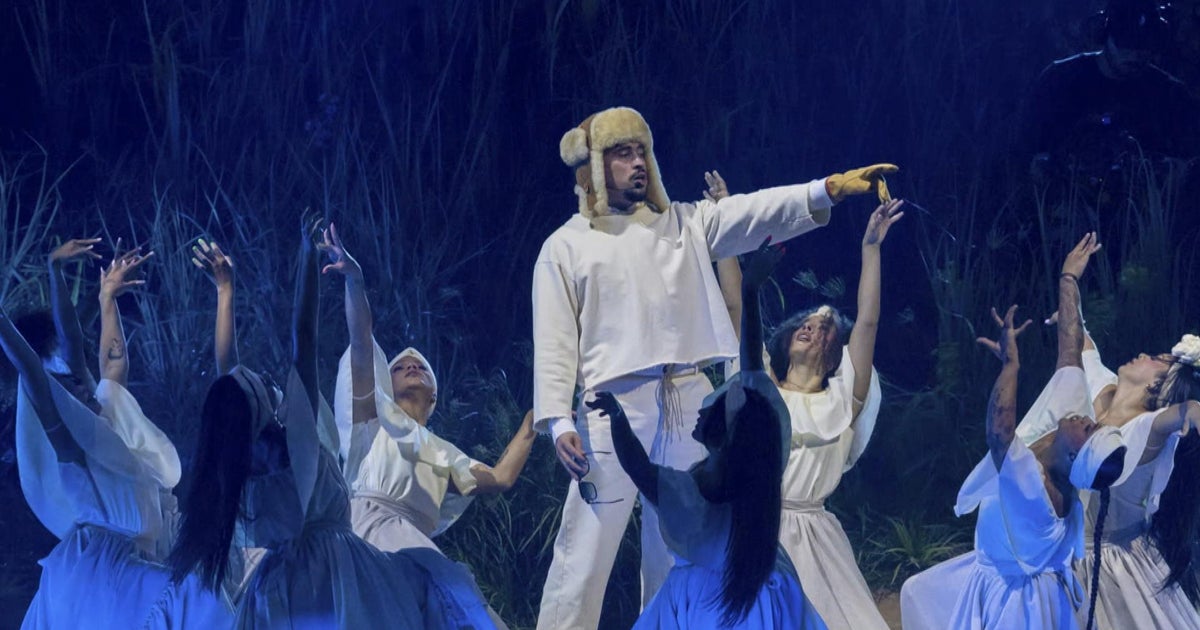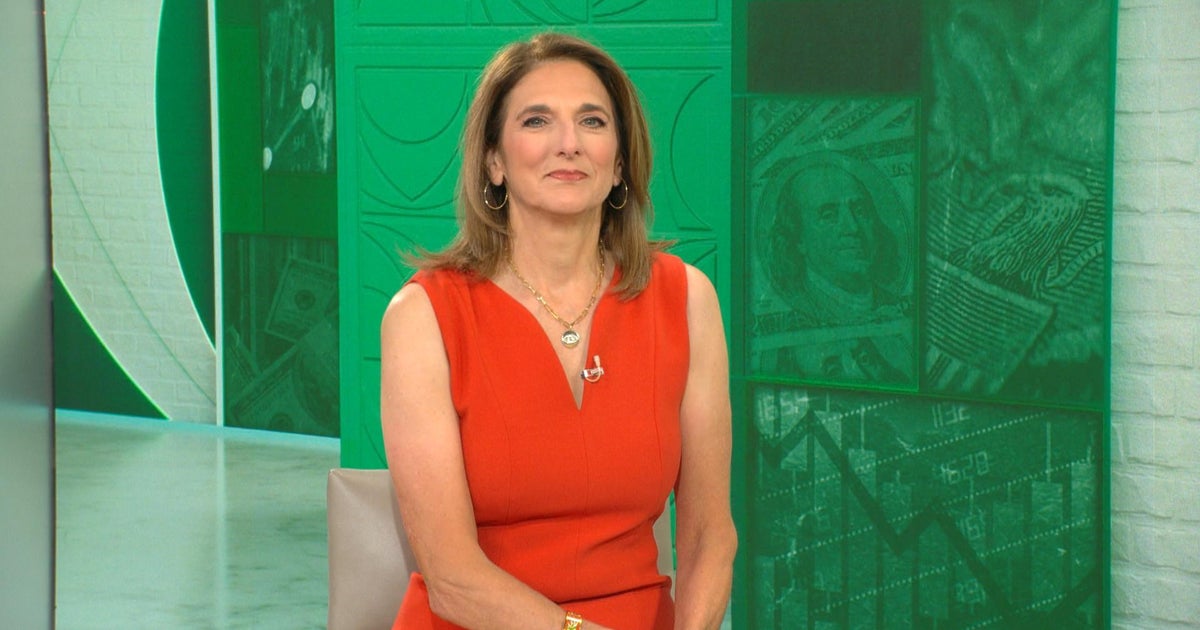Opinion
October 23, 2025 — 7.30pm
October 23, 2025 — 7.30pm
Every week, I see 80 to 100 cancer patients. Half are on experimental therapies. Some are taking drugs that have never been tested in humans before. They place their lives in my hands, and I carry that weight into what I call “the third space”, the gap between what we know and what we desperately need to know.
This is where courageous medicine happens. Not in the textbooks. Not in the established protocols. But in the uncomfortable, uncertain territory where evidence does not yet exist.

Professor Georgina Long with Professor Richard Scolyer after they were announced as the joint 2024 Australians of the Year. Credit: The Sydney Morning Herald
Nearly a century ago, Charles Lambie and Harold Dew, an unlikely duo of thinker and doer, reshaped medical education at the University of Sydney. They believed medicine was not just about treating illness, but about training doctors to reason, question and build evidence.
Lambie, the reserved idealist, insisted education must cultivate independent thinkers, not rote technicians. Dew, the practical fly-fisher, hardwired research training into the curriculum and urged young graduates to pursue medical research as a career. Their partnership established something fundamental: the responsibility to create evidence, not merely consume it.
Yet, it took another century for the first woman to hold a professorship in that faculty. And I learnt that my namesake, Georgina Dagmar Berne, became the first woman to enrol in medicine at Sydney in 1885, only to face opposition from the vice chancellor who vowed “no woman would graduate in Medicine” while he served.
Loading
Progress has been hard-won. The barriers were real. But they were also surmountable by those brave enough to persist. The third space is not just where I work in clinical trials and translational research. It’s a mindset for any industry. It’s where you find patients for whom “best available evidence” is not good enough. Where you notice the pattern no one else documented. Where you ask the question that does not fit the tick-box template.
Every ward round holds this potential. Every clinic. Every conversation with a patient. If you stay curious, if you document, if you connect, you are creating evidence. You are building the next foundation of medicine.
I won’t romanticise this. Working in the third space carries risks, professional, personal and ethical. After the highly publicised case in which I developed a first-of-its-kind (third space) cancer treatment for my friend and colleague Richard Scolyer, I faced unwanted clickbait media selling a narrative far from the truth of experimental medicine. They created false hope for vulnerable families with glioblastoma. As a medical oncologist who spends hours understanding the human in front of me and quietly creating options, I find this anathema to my practice.
But these challenges do not negate the imperative. They underscore it.
Loading
Half my patients are on clinical trials. Many are on drugs never tested in humans before. They inhabit that third space with me because the alternative, waiting for evidence that may never come, is unacceptable.
Digital infrastructure has unparalleled reach; a false narrative embeds itself in millions of minds before the truth can even load. One can try to debunk, with varied success, but the most effective approach is to inoculate against it. Finland provides a compelling example: children are taught to detect deepfakes, fact-check claims and think critically. They’re building a society less susceptible to manipulation, the ultimate competitive advantage in this age of distortion.
To the medical students, junior doctors, and researchers reading this: you’re inheriting a profession built by people who dared to challenge convention. Every breakthrough we now take for granted began as uncertainty in someone’s mind.
This is not a 9-to-5 profession. It’s a vocation that will demand your intellect, empathy and endurance. It will break your heart and remake it many times. But courageous medicine is not singular, it’s collective. It’s the nurse who speaks up. The registrar who questions an assumption. The researcher who publishes an inconvenient result. The student who admits, “I don’t know, but I want to”.
Loading
You’re stepping into an era defined by complexity, by the merger of biology with data science, AI with empathy, human intuition with computational power. Technology will accelerate. But machines will never replace the moral imagination that makes you human. Use every tool at your disposal. But never let technology dull your humanity. Create evidence with your hands, minds and hearts, with transparency, humility and relentless curiosity.
When you find yourself standing in your own third space, uncertain, unready, afraid, remember this: step forward. That’s exactly where you’re meant to be. Because medicine does not just need more evidence users. It needs you to become an evidence creator.
Professor Georgina Long, the 2024 joint Australian of the Year, is chair of Melanoma Medical Oncology and Translational Research at the University of Sydney and medical director of the Melanoma Institute Australia. This essay is adapted from her Lambie-Dew Oration, delivered at the university on Thursday night.
Most Viewed in National
Loading

